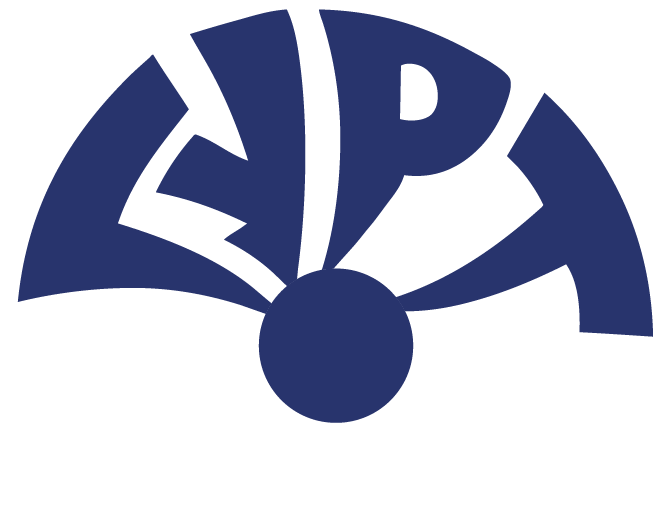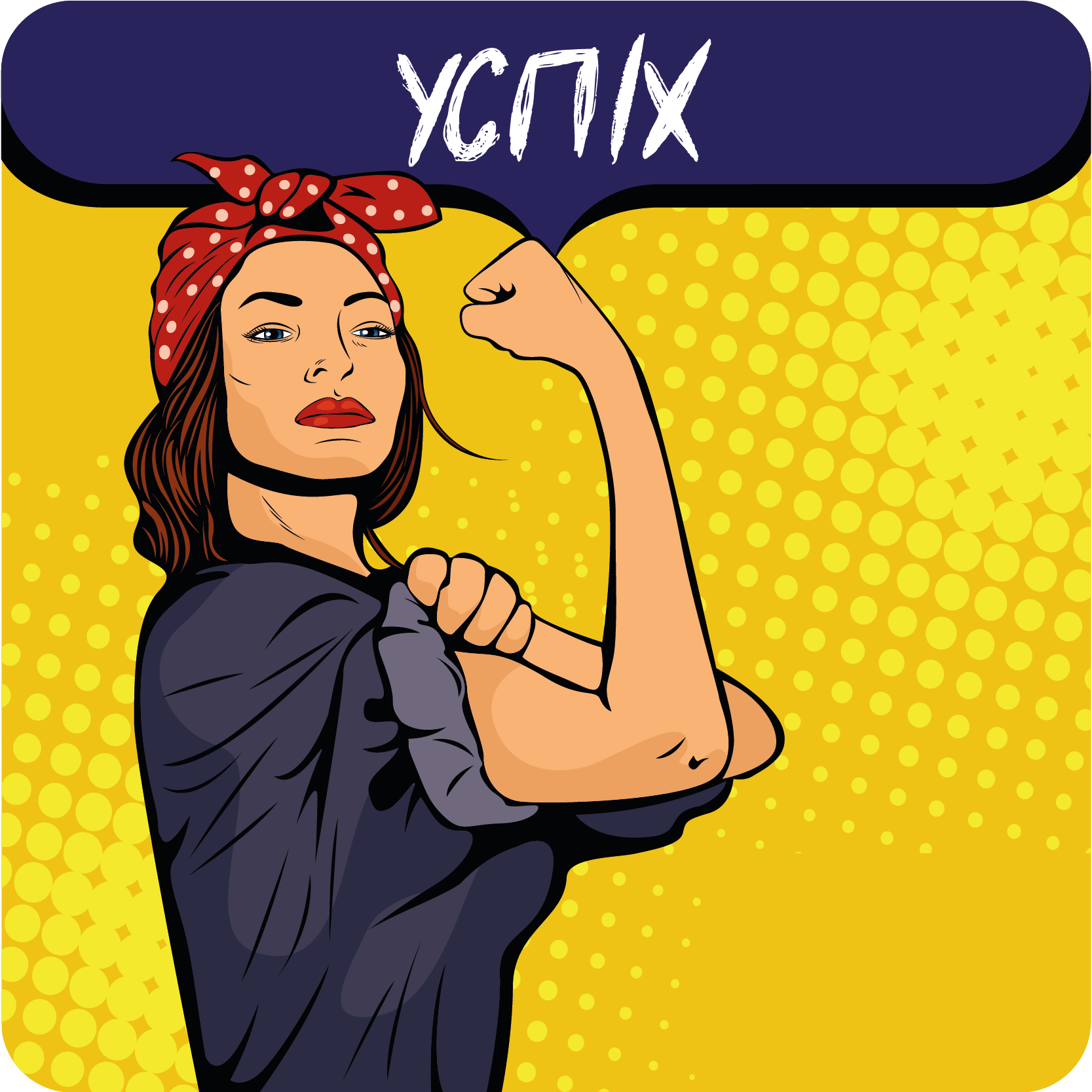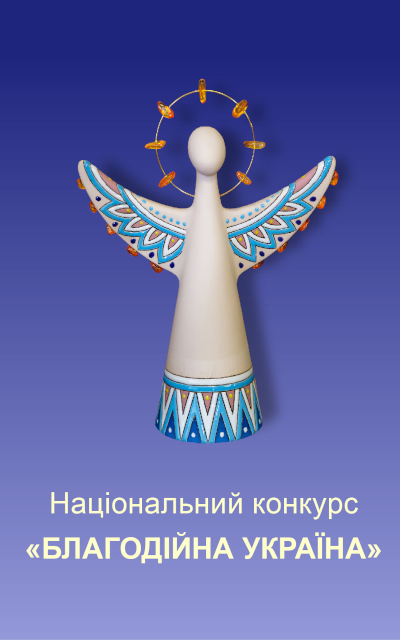


Business and Human Rights Consultants / Research Consultants (National Experts) – up to 2 persons
09.08.2021
Background |
||||||||||||||||
|
Through its Democratic Governance Programme, UNDP Ukraine assists the Government of Ukraine, civil society and people of Ukraine in advancing democratic policies and practices needed to accelerate progress on sustainable human development and human rights promotion. This includes advocating for human rights and gender equality, supporting anti-corruption efforts, ensuring that all Ukrainian citizens can protect their rights, strengthening parliament, and empowering civil society and youth activists. In addition to that, since the very beginning of the COVID-19 outbreak, UNDP Ukraine has been providing support to the Government to prepare, respond and recover from the pandemic. This support focuses mainly on strengthening capacities of the crisis management governance structure, supporting key government institutions to transition to working online, strengthening the crisis communications and outreach capacities of the government institutions by using UNDP’s broad-based partner network in the country, both at the national and regional/local level. UNDP is also providing technical expertise to the Office of the President on the alignment of national government strategies and programmes with the Agenda 2030 with gender equality as critical to delivering on all the SDGs. UNDP Ukraine is also involved in economic recovery, private sector development and climate change adaption through other portfolio and through various projects. It is key that the B+HR interventions ensure linkages to these projects and explore synergies. The lack of decent and well-paid job opportunities is one of the biggest challenges in Ukraine resulting in out-migration, and Ukrainians being “forced” to take up jobs that are better paid in the massive informal sector without any social protection instead of working in their field of expertise. There is a significant risk of wasted talents and skills that can hamper the sustainable development of Ukraine. According to official statistics in Ukraine, in 2019 3,46 million people in Ukraine were employed in the informal sector which equals 20,87 per cent of the total number of population in employment, 16,6 million. The State Statistics Service reported that the level of the “shadow” economy in Ukraine in recent years is in the range of 16-19 per cent of the GDP. Persons who are employed in the informal sector are particularly vulnerable to forced labour and human rights exploitation. Many Ukrainians decide to migrate for various reasons including lack of decent job opportunities. Ukraine thus continues to face a significant depopulation as millions of citizens migrate in search of decent jobs and improved living conditions. Because of these dynamics, the population of Ukraine is projected to drop from 43.7 million in 2020 to 35.2 million in 2050, a 19.5 per cent decline. As the EU legislators, EU investors and clients are furthering the implementation of the UN Guiding Principles on Business and Human Rights (UNGPs) and moving towards mandatory human rights due diligence procedures in 2021, it is of utmost important for Ukraine to be in step with this effort. Stepping up the UNGPs implementation and “responsible business conduct” could bring massive benefits for Ukraine in the form of decent job creation, addressing outward-migration, economic sustainable and equitable growth, improved livelihoods, women’s economic empowerment and reduced inequalities and progress in all SDG indicators. Ignoring this opportunity which will change the EU foreign investment climate and trade significantly could produce the opposite effects, and further worsening the situation for Ukraine and Ukrainians.
|
||||||||||||||||
Duties and Responsibilities |
||||||||||||||||
|
2. DESCRIPTION OF RESPONSIBILITIES / SCOPE OF WORK With this pre-inception phase UNDP wants to properly inform the design and implementation of a new 3-5-year project aimed at stepping-up the implementation of the UNGPs. The research will provide the necessary evidence-based qualitative baselines, key findings, recommendations and options to consider, to tailor the design and intervention logic of a long-term business and human rights project. Data will be gathered through desk review, stakeholder consultations, key-informant interviews and focus group discussions. Desk research of legislation, policies and practices, as well as capacity assessments, sector and market analyses will be carried out, thus establishing up-to-date baselines for monitoring and evaluation. UNDP will apply a multi-stakeholder approach to ensure a strong local ownership, relevance and sustainability of future interventions leaving no one behind. The study will bring evidence on why different categories of right holders may opt to work in the informal sector instead of pursuing a decent and well paid job in Ukraine. The consultants analyze if some sectors and possible some areas of Ukraine (e.g. conflict affected area) are at more heightened risks and prone to exploitation of workers rights. The following tentative outline presents an indicative workplan and deliverables of the consultant(s): a. Inception phase (August 2021) Following a kick-off meeting with UNDP, where UNDP and the consultant(s) will discuss and agree and the approach and methods, the consultants will conduct a background desk research, map and analyse already existing studies/research undertaken by e.g. academia, ILO, think tanks, academia or key experts in Ukraine. It will be key that the consultant(s) seek to explore how s/he / they can provide up-to-date accurate data and complement the National Baseline Assessment on B+HR of 2019 (NBA). The background / desk research and possible first round of key informant interviews will help the consultant(s) in their further planning, draft a key informant interview workplan, incl. a possible field trip, further develop the approach and methods. This will be discussed with UNDP under the supervision of the Senior Democracy and Human Rights Advisor and the PM. The IRH may also provide peer review to the suggested methods. This output deliverable will be an inception report (of maximum 15 pages, excluding annexes). b. Data collection and analyses phase (September 2021): Based on the initial desk research, the consultants will continue gathering qualititave data from key informant interviews and focus group discussion. It will be key that the consultant(s) reach out to the various categories of rights holders representatives (women, men, youth, skilled, unskilled, marginalised etc.) working in various sectors (e.g. agriculture, textile, mining, construction, energy, ICT, food and restaurant etc.) ensuring that no one are left behind. If possible, and the consultant(s) are vaccinated against covid or have anti-bodies, the consultant(s) will field a mission to meet with rightsholders and stakeholders in and outside Kyiv in different communities of Ukraine. In addition to ensuring the voice of the different right holders, incl. women, the consultants will interview all relevant stakeholder including government, trade unions, CSOs, academia, private sector and/or private sector associations, and international organisations and key experts, such as the ILO. The data collection and analyses phase will qualify the National Baseline Assessment (NBA) of 2019 to gather accurate and up-to-date data on the rights holders’ barriers to obtain a decent job where their human rights and labour rights are respected and/or the reasons why different categories of workers in Ukraine across different sectors opt to work in the informal sector or “grey” sector or for a private company that does not adhere to international labour standards and human rights that Ukraine is bound of. This observations of the data collection phase will be presented by the consultant(s) at an online valididation workshop before the UNDP Ukraine team and the IRH. This may also include possible other stakeholders, representing the rights holders, businesses and government of Ukraine. The oral feedback to the observations or preliminary findings and possible recommendations presented at the validation workshop together with peer reviews of the Senior Democracy and Human Rights Advisor, the PM and the IRH will feed into the reporting phase of the consultant(s). This output deliverable will be a presentation of the preliminary findings and recommendations at the validation workshop. c. Reporting phase: Write up of draft report, final report and presentention of key findings and recommendations at multi-stakeholder event (October and primo November 2021) The phase will be devoted to the further write-up of the analyses and reporting on the key findings and recommendations into a draft and final report. It is als expected that the team will debrief UNDP Ukraine and present the key findings and recommendations of the study at a multistakeholder meeting, which is likely to be online. The final report should include no more than 10-15 recommendations, which should be operational for future interventions. The draft and final report will be subject to peer review and approval by UNDP Ukraine and the IRH. This output deliverables will be a draft and final report and a PPt presentation of the key findings and recommendations at a multi-stakeholder meeting. 3. DELIVERABLES AND IMPLEMENTATION SCHEDULE The deliverables are expected within a period of August to December, 2021.
4. MONITORING/REPORTING REQUIREMENTS The consultant(s) will be responsible for the entire work. The consultant(s) shall present written monthly 1-2 pages summaries on the status of the work to the Senior Democracy and Human Rights Advisor and the Project Manager of the Business and Human Rights (BHR) in Ukraine Project. The payments shall be arranged upon completion, presentation and acceptance ofwritten reports by UNDP as listed in the table above. All documents should be transmitted to UNDP electronically (formats of * .docx, * .xlsx, * .pptx, * .pdf or other commonly used formats) in the English language. UNDP will provide payments upon provision of deliverables duly certified by UNDP per the table above. The payment shall be arranged in stages in accordance with the proposed payment scheme below and upon acceptance of the deliverables based on quality control and acceptance of recommendations. The Contractor shall comply with the quality assurance system of UNDP, and provide the necessary information, reports and statistics according to a preliminary determined schedule or as soon as possible (within a reasonable period of time). In particular, the payment schedule will be as follows:
|
||||||||||||||||
Competencies |
||||||||||||||||
|
||||||||||||||||
Required Skills and Experience |
||||||||||||||||
|
5. EXPERIENCE AND QUALIFICATIONS REQUIREMENTS
Good understanding of human rights based approaches and gender equality;5-10 years of experience with conducting relevant research, analysing and presenting data and providing writeups and/or research studies for international organizations, INGOs, or other relevant entities;Knowledge of business and human right and private sector environmental protection will be an asset;
6. EVALUATION
7. FINANCIAL PROPOSAL The financial proposal shall specify the cost of professional services for the assignment – the total amount as well as line-item breakdown. Payments will be made in tranches as described in the section “Requirements for monitoring/reporting”. In the case of travel, payment of travel costs such as tickets and lodging will be provided by UNDP. 8. APPLICATION REQUIREMENTS Applicants shall submit the following documents:
UNDP documents templates can be downloaded from the following link: https://www.dropbox.com/sh/297e72t7i3v2969/AADDRyUo2uoNrYjuD8NLmdl0a?dl=0 Please combine your CV, financial proposal and other necessary information in one PDF file and upload the document when submitting the application. Incomplete applications will not be considered. Additional requirements for recommended contractor: Recommended contractors aged 62 and older shall undergo a full medical examination, including x-ray, and obtain medical clearance from the UN-approved doctor prior to taking up their assignment. The medical examination shall be paid by the consultant. The Basic Security in the Field II and Advanced Security in the Field courses must be successfully completed prior to commencement of contract For applying please follow the link: https://jobs.undp.org/cj_view_job.cfm?cur_job_id=100969
|
||||||||||||||||








Коментарі